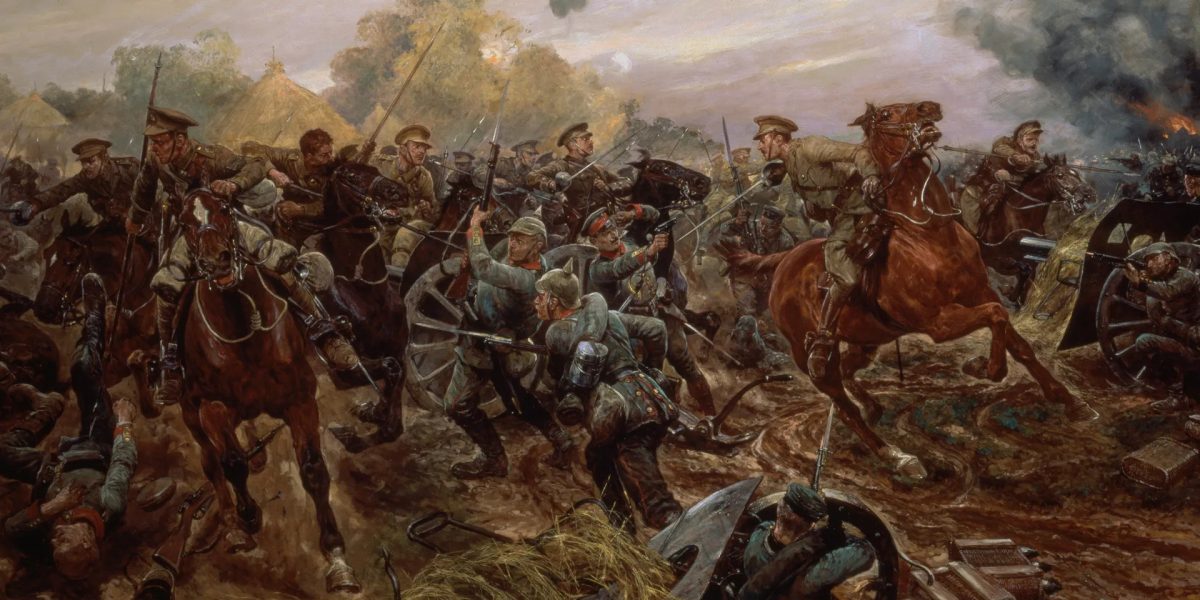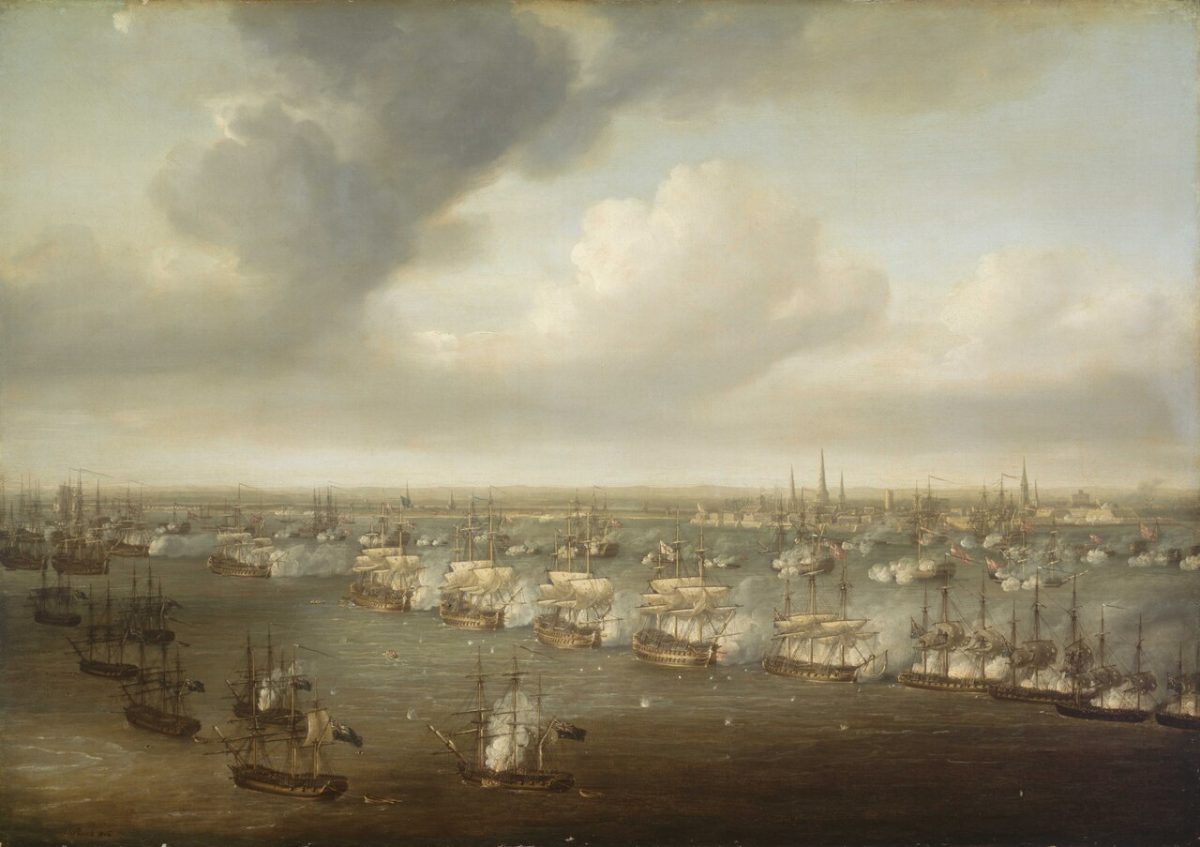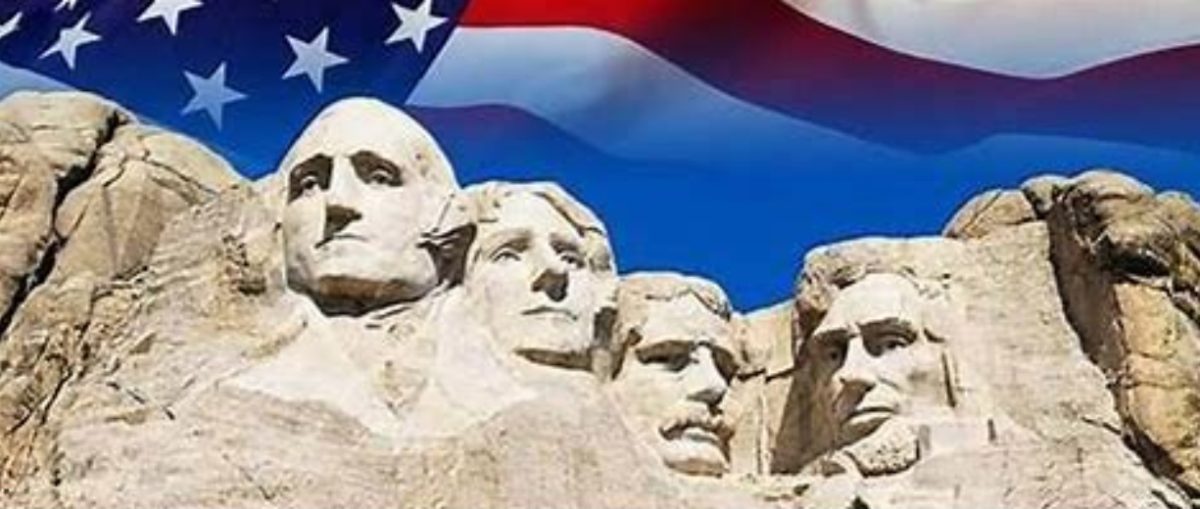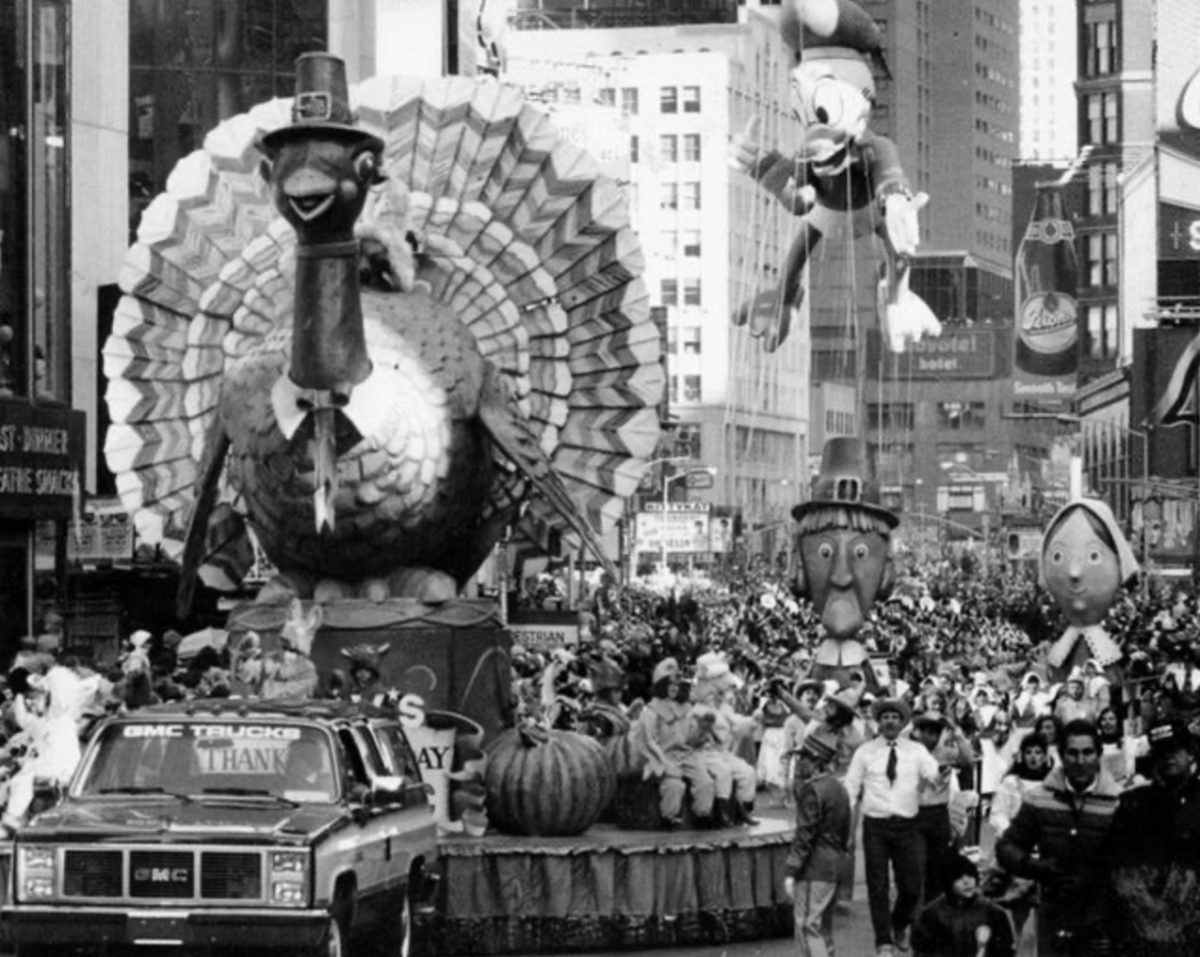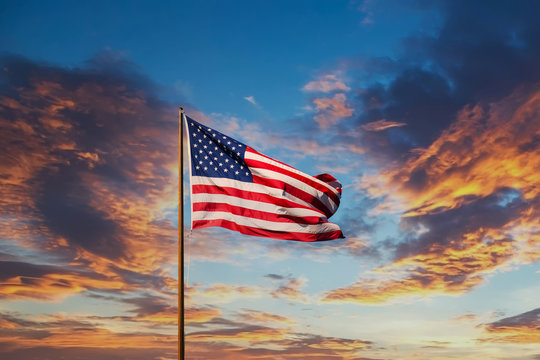As I am writing this article, it is the month of August. I believe it is the greatest month of the year. Not only is it named after Emperor Augustus, probably one of the most influential humans. In history, the most important month in human history to ever have happened is August 1914.
In 1914, the world looked very different than it does today. A lot of the world was ruled by European empires, such as Great Britain, France, and Germany. Due to limited power in the world, many countries were rivals of others. Britain, France, and Russia were the Entente; Germany, the Austro-Hungarian Empire, and the Ottoman Empire were the Central Powers.
On June 22, 1914, Serbian terrorist Gavrilo Princip killed Austrian Archduke Franz Ferdinand. Russia took the side of Serbia, and Germany took the side of Austria. On August 1, 1914, Germany declared war on Russia. This began the war on the Eastern Front. France, to help its ally, entered the war. On August 5, Germany attacked Belgium, bombarding Liège. This began the Great War. Because Great Britain had insisted that neutral countries like Belgium be respected, they declared war on Germany. By this point, the Guns of August were firing throughout Europe.
Battles were fought as armies collided in East Prussia and in Serbia. In Belgium, German artillery blasted through Belgian fortifications. In Alsace, French troops flung themselves at German machine guns in vain. King George V realized that the Entente was about to lose. He ordered 4 divisions of British soldiers to sail over to Belgium to help them in their time of need.
The British Expeditionary Force was composed of some of the best troops in the world. The British Army, which was very small compared to other armies, was far superior to other armies in many ways. British soldiers had served for years and were battle hardened from conflicts in the British Empire, such as the Boer Wars. They were trained to fire and reload quickly, which gave them a firepower advantage over raw and inexperienced enemies. A British soldier at the time was trained to shoot a man-sized target 15 times a minute, or a man every 4 seconds. Considering the bolt action guns available at the time, this was an incredibly fast time. They also had Highland regiments, who used bagpipes as an intimidation weapon and wore kilts, which helped because they were harder to get wet and dried faster, as well as allowing a greater freedom of movement. But because many of the British soldiers were older than the teenage boys being deployed by other nations, and they were so small, Kaiser Wilhelm II ordered his army to “crush their contemptible army. As a result, these heroic men were called the “Old Contemptibles.” But soon the Old Contemptibles would prove their worth in battle.
The first major battle of World War I began on August 23, 1914. The German Army had quashed the weak Belgian Army and was advancing rapidly towards France. It was as if nothing would stand in its way. But something did. Some of the finest regiments in the entire British Army did. The Royal Welsh Fusiliers were there, and the Coldstream Guards, the oldest regiment in Europe dating from 1650. The Gordon Highlanders, the Dorsetshire Regiment, the Duke of Wellington’s, the King’s Own Yorkshire Light Infantry, and even the Duke of Cornwall’s personal Light Infantry regiments were all present. And the German Army was not expecting it.
German forces outnumbered the BEF by a huge margin. They expected only light resistance, as the Belgians had offered. Instead, German troops approaching the train station in Mons were greeted with the fire of a single soldier from the Middlesex Regiment, who held back the entire German Army for 30 minutes before he ran out of ammunition. Along the line, a group of Prussian soldiers attempted to seize British light artillery. Realizing the imminent threat, Captain Francis Grenfell took the lead in one of the most heroic actions in history. Leading out his 9th Lancers against overwhelming odds, the British soldiers and horses, armed with only tips of steel, repelled the heavily armed Germans. Grenfell won the first Victoria Cross of the First World War. It was only a few days old. In another spot, a company of German infantry were so surprised by the firing rate of the British soldiers they faced they thought the British carried only machine guns.
All along the line, the BEF was winning. The Germans faced heavy casualties. But unfortunately, even heroism couldn’t win the day. The French Army, young, weak, and undisciplined, was collapsing to the right and left. Without their flanks guarded, it was only a matter of time before the BEF was completely destroyed. In order to save the Army, BEF commander General Sir John French ordered the beginning of the Retreat from Mons. The new goal was to hold the Germans back as long as possible to make the retreat as easy as possible. Everywhere, BEF forces fought heroically. The Germans everywhere suffered more casualties than the British. But it didn’t help. The Guns of August would not cease firing, and with German overwhelming strength, the only option was to continue withdrawal. On the afternoon of August 23, British soldiers were firing a desperate rearguard action. Then, a vision appeared in the sky. According to many accounts from soldiers on both sides, angels appeared from Heaven. St. George, the patron of England appeared, with a group of archers. The visions appeared to harass and frighten the Germans, giving the British forces enough time to escape. The Angels of Mons are still famous today.
A few days later, the Gordon Highlanders were chosen to lead another rearguard action so that their comrades could escape. They heroically stood on a hill, standing down the Germans and holding them off. But they failed to receive the order to retreat. Instead, the soldiers continued to fight until every one of them had been killed, thus saving the rest of the British Army from certain collapse.
By August 30, the First World War was fully in swing. The BEF had been chased into France, but had significantly slowed the German invasion. At a high cost in blood, the Old Contemptibles had kept the war going and bought time for new armies to be raised to continue the fight.
Today, 111 years later, we call to mind the great lessons and events which took place in the greatest month in world history. We remember the many soldiers who earned the great distinction of dying in the most honorable way conceivable – on the field of battle, a rifle in hand facing off along against the Guns of August. Many of the men who lived died soon after the war, as they were old men, many over 50. The last man who had served under fire at Mons, Alfred Anderson died at 109 in 2005. Though the Old Contemptibles are gone, they will never be forgotten. As Sir Edward Grey said in August 1914, “The lamps are going out all over Europe; we shall not see them lit again in our lifetime. “There will never be men of such courage and skill again, nor is it likely that the mighty Guns of August will ring out all over Europe again. As the Scottish Highlanders likely boldly proclaimed on that fateful day: Nemo me impune lacessit!



